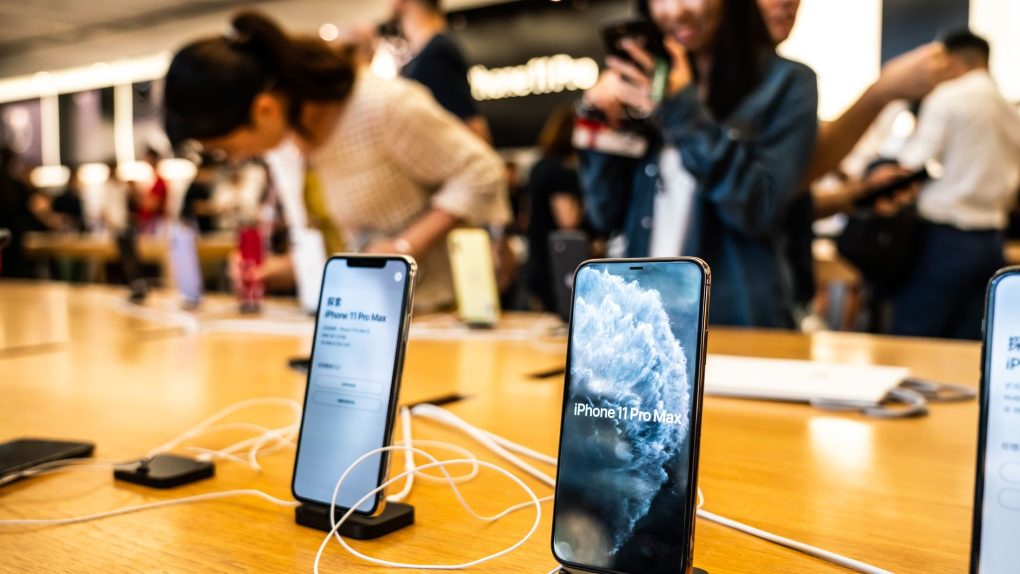- The coronavirus’ impact on world economies may force Apple to delay the iPhone 12 release.
- Even though iPhone production may be on track, Apple executives are worried that demand for a new iPhone will be incredibly low come September.
- Some Apple suppliers, as a result, are lowering their production targets for iPhone 12 components.
- Visit BGR’s homepage for more stories.
The economic fallout from the coronavirus may compel Apple to delay the release of the iPhone 12, Reuters reports. Despite the fact that Apple’s supply chain is reportedly on track to recover before iPhone 12 mass production begins, there’s a concern among Apple executives that demand for the device will be remarkably low. And with good reason, the economy in the United States — and in many countries across the world — has effectively come to a standstill on account of the coronavirus. Millions of people have been stuck at home for weeks, unemployment is at an all-time high, and non-essential businesses will remain closed for the foreseeable future.
In turn, consumers today have far less disposable income than they did a month ago. What’s more, there’s no indication that the impact from the coronavirus will die down anytime soon. A recent report suggests that New York City, for example, may still be weeks away from reaching a peak in coronavirus cases. Consequently, there’s a strong possibility that the iPhone 12 may hit store shelves at time when most of the world is concerned with far more pressing matters.
“No one is talking about manpower or material shortage (in China) anymore,” a person involved in Apple’s supply chain told Reuters. “Now everyone is looking at whether demand from U.S. and Europe could keep up. The focus now is the demand from consumers in the U.S. and Europe.”
This report matches up with a previous story claiming that Apple executives are worried that the response to the iPhone 12 — even if production proceeds as planned — will be tepid at best.
Demand aside, there’s also a possibility that the coronavirus lockdown may impeded Apple’s efforts to fully complete requisite engineering tests.
A recent report from Nikkei explains:
The engineering development of the 5G iPhone has also been affected by travel curbs introduced in the U.S., China and elsewhere to combat the coronavirus, two people with knowledge of Apple’s schedule said. The company was supposed to work with suppliers to develop a more concrete prototype for the new phones from early March, but it had to delay such close collaboration, which requires hands-on testing, until the end of the month, before postponing it again due to the worsening pandemic in the U.S., they said.
As a result, we’ve seen a few reports indicating that Apple may push back the iPhone 12 release to November.
In the meantime, some of Apple’s key suppliers are planning to lower production targets for iPhone 12 components in anticipation of a steep drop in demand.
One of Apple’s key display suppliers is preparing for a similar level of contraction, according to a person familiar the matter. The company had anticipated shipping 70 million iPhone displays this year, but is now considering lowering that target by more than 17% to 58 million units.
The entire situation remains fluid as there’s no telling how long the coronavirus will keep world economies at a standstill. Nonetheless, Apple will eventually reach a point where it simply has to make an executive decision about when to release the iPhone 12. With the initial launch window scheduled for September, and with mass production not scheduled to begin for a while, Apple does have a few weeks to assess the situation and play things by ear. But once we get to mid-May, a decision will have to be made in one direction or the other.








